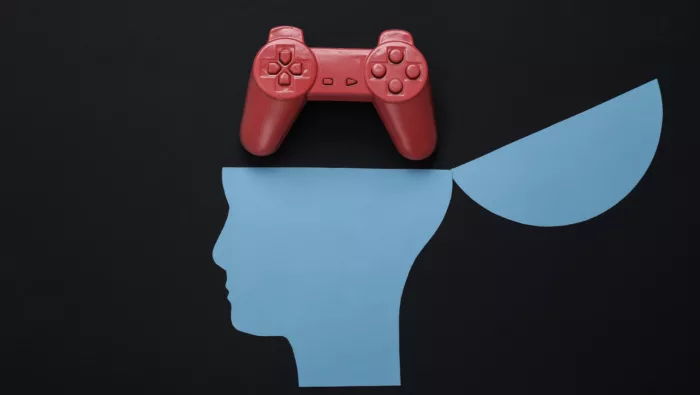Johannes, N., Vuorre, M., Magnusson, K., & Przybylski, A. K. (2022). Time Spent Playing Two Online Shooters Has No Measurable Effect on Aggressive Affect. Collabra: Psychology, 8(1), 34606. Access here
Vuorre, M., Zendle, D., Petrovskaya, E., Ballou, N., & Przybylski, A. K. (2021). A large-scale study of changes to the quantity, quality, and distribution of video game play during a global health pandemic. Technology, Mind, and Behavior, 2(4). Access here
Vuorre, M., Johannes, N., Magnusson, K., & Przybylski, A. K. (2022). Time spent playing video games is unlikely to impact well-being. Royal Society Open Science, 9(7), 220411. Access here.
Johannes, N., Vuorre, M., & Przybylski, A. K. (2021). Video game play is positively correlated with well-being. Royal Society Open Science, 8(2), rsos.202049, 202049. Access here.
Videos:
Fair Play Summit: Implementing a Mental Health and Wellbeing Research Study in Games
Video games habits findings








